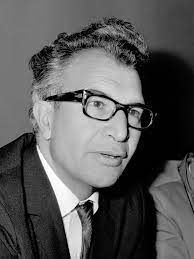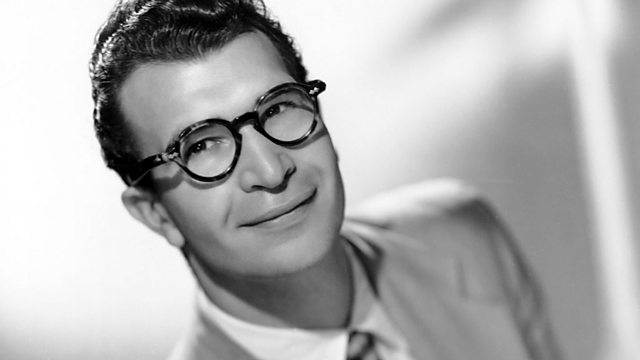Dave Brubeck, born on December 6, 1920, in Concord, California, would go on to become one of the most influential and innovative figures in the history of jazz music. His journey from a small town to international acclaim is as rich and vibrant as the melodies he composed.
Growing up in a musical family, Brubeck’s interest in music was sparked at an early age. He began piano lessons from his mother, and by his teenage years, he was already performing in local venues. However, his path to success was not without obstacles. Brubeck’s early aspirations to become a rancher were thwarted by his father’s insistence on a college education. He reluctantly complied, but his time at the College of the Pacific in Stockton, California, would prove to be transformative.
During his college years, Brubeck studied music theory and composition, laying the groundwork for his future endeavors. He was drawn to jazz, a genre that allowed for creativity and improvisation, and he began to hone his skills as a pianist and composer. It was also during this time that he formed his first jazz group, laying the foundation for his future collaborations.
After college, Brubeck’s career gained momentum as he formed the Dave Brubeck Quartet in 1951, with Paul Desmond on alto saxophone, Eugene Wright on bass, and Joe Morello on drums. The quartet’s distinctive sound, characterized by complex rhythms and unconventional time signatures, quickly caught the attention of audiences and critics alike.
In 1959, the quartet released their groundbreaking album “Time Out,” which featured the iconic track “Take Five.” Composed by Paul Desmond in 5/4 time, “Take Five” became an instant classic and remains one of the best-selling jazz singles of all time. The album itself was a commercial and critical success, cementing Brubeck’s reputation as a pioneering force in jazz.
Throughout his career, Brubeck continued to push the boundaries of jazz, blending elements of classical music, West Coast cool jazz, and world music into his compositions. He collaborated with orchestras, experimented with polytonality and polyrhythm, and composed numerous jazz standards that have stood the test of time.
Beyond his musical achievements, Brubeck was also a trailblazer in the realm of civil rights. He was one of the first jazz musicians to openly challenge racial segregation, refusing to perform in venues that enforced discriminatory policies. His tours of college campuses in the South helped to desegregate many institutions and earned him widespread respect as a social activist.
Dave Brubeck’s legacy as a musician, composer, and advocate for social justice is indelibly etched in the annals of jazz history. His innovative spirit and unwavering commitment to his craft continue to inspire generations of musicians around the world, ensuring that his influence will endure for years to come.


Comments are closed